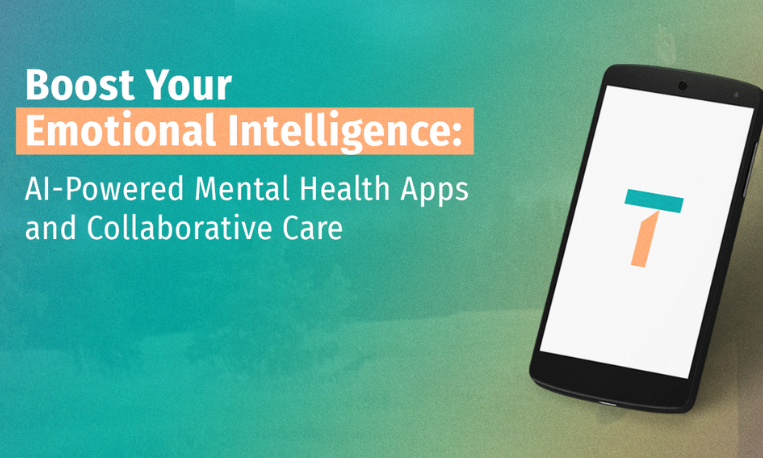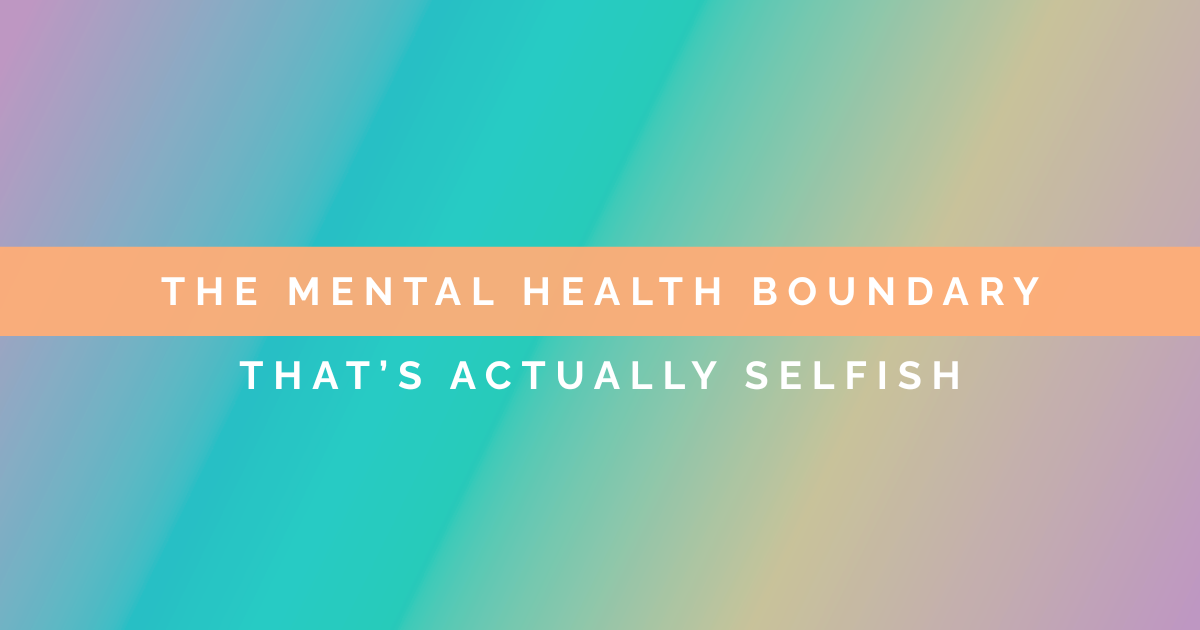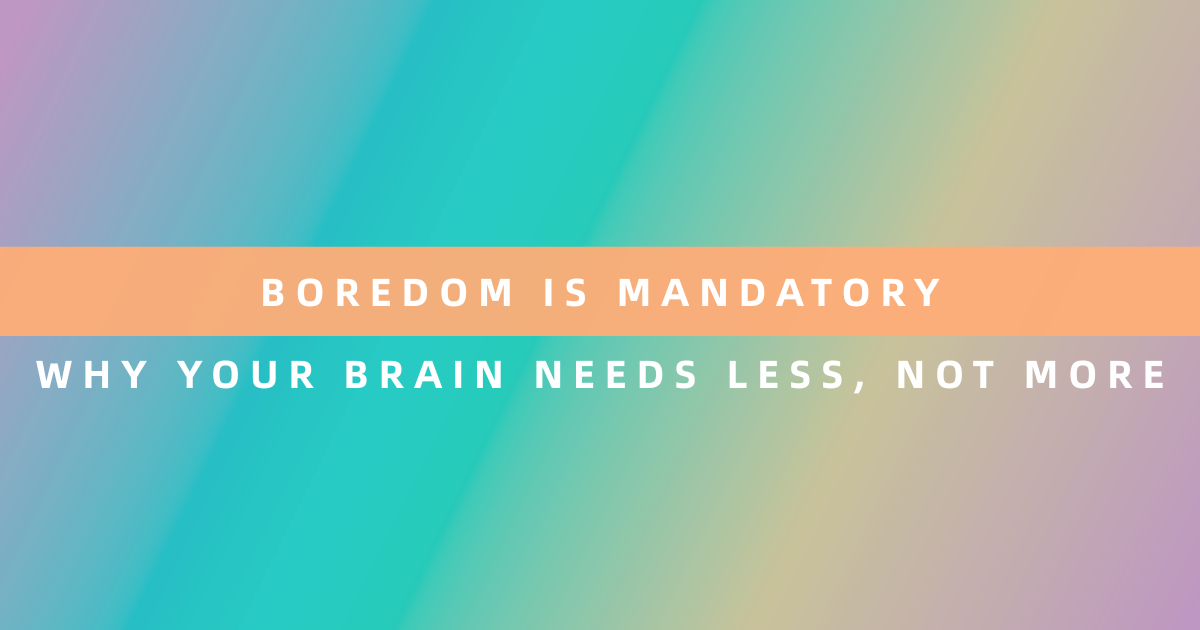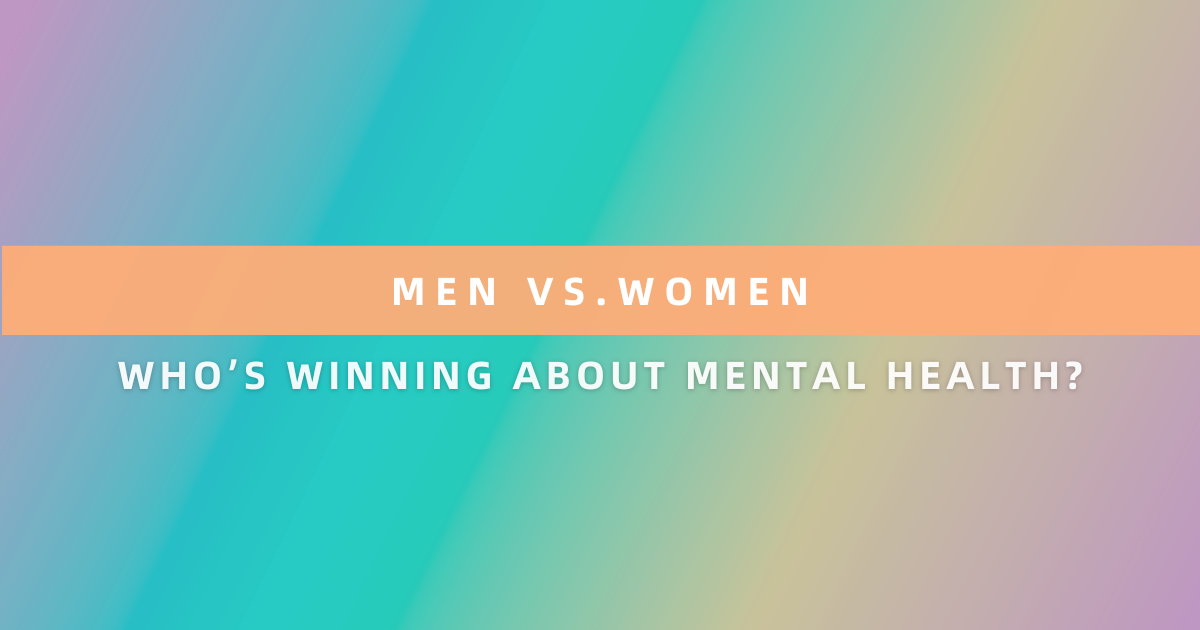Emotional intelligence shapes our self-understanding and relationships. This vital skill influences how we navigate personal and professional interactions, manage stress, and make decisions. Collaborative mental health care offers powerful tools for developing emotional intelligence, supported by innovative technologies. Mental health apps, particularly those leveraging AI, provide accessible resources for ongoing emotional growth. This guide explores practical strategies for nurturing emotional intelligence, enhancing self-awareness, and improving relationships through a combination of professional support and technological aids.
- Understanding Emotional Intelligence
- The Role of Collaborative Mental Health Care in Nurturing Emotional Intelligence
- Leveraging Technology for Emotional Intelligence Growth
- Practical Strategies for Enhancing Emotional Intelligence
- Overcoming Challenges in Emotional Intelligence Development
- The Future of Emotional Intelligence and Mental Health Technology
Understanding Emotional Intelligence
Emotional intelligence encompasses the ability to recognize, understand, and manage our own emotions while also effectively interpreting and responding to the emotions of others. This skill set includes self-awareness, self-regulation, motivation, empathy, and social skills. People with high emotional intelligence often excel in their personal relationships, demonstrate strong leadership qualities, and adapt well to changing environments.
Developing emotional intelligence presents challenges. Many individuals struggle with accurately identifying their own emotions, let alone those of others. Cultural differences, personal experiences, and ingrained habits can all influence one’s emotional intelligence journey. However, with dedicated effort and the right support, these skills can be cultivated and refined over time.
Emotional intelligence plays a significant role in various aspects of our lives, including our professional experiences. Recent research has shed light on the potential benefits of high emotional intelligence in the workplace. A study conducted by Urquijo, Extremera, and Azanza (2023) explored the relationship between emotional intelligence and career outcomes [1]. Their findings suggest that individuals with higher levels of emotional intelligence may experience greater job satisfaction and potentially lower work-related stress. This research underscores the importance of developing emotional skills not only for personal relationships but also for professional success.
Collaborative mental health care approaches can significantly aid in overcoming these challenges and fostering emotional intelligence growth. By working with mental health professionals and utilizing targeted resources, individuals can develop strategies to enhance their emotional awareness and interpersonal skills.
The Role of Collaborative Mental Health Care in Nurturing Emotional Intelligence
Collaborative mental health care forms a cornerstone in developing emotional intelligence. This approach brings together mental health professionals, clients, and sometimes family members or peers to create a comprehensive support system. By fostering open communication and shared decision-making, collaborative care enhances the effectiveness of emotional intelligence development.
Mental health professionals in collaborative care settings provide expert guidance tailored to individual needs. They help clients identify emotional patterns, understand the root causes of their reactions, and develop strategies for more effective emotional regulation. This personalized approach accelerates progress in areas such as self-awareness and empathy.
Accessible mental health counseling plays a crucial role in this process. With the rise of teletherapy and flexible scheduling options, more people can engage in regular sessions with mental health professionals. This consistent support allows for ongoing practice and refinement of emotional intelligence skills in real-life situations.
We will call out here, there is still a significant gap in accessibility by marginalized populations and is something we are working to address.
Group therapy sessions, often part of collaborative care models, offer unique benefits for emotional intelligence growth. Participants gain diverse perspectives, practice empathy in real-time, and receive immediate feedback on their interpersonal skills. These experiences can be particularly valuable for developing social awareness and relationship management abilities.
Collaborative care also emphasizes the importance of self-reflection and homework between sessions. Clients are encouraged to apply newly learned concepts in their daily lives, keeping journals or logs of their emotional experiences. This continuous engagement accelerates the development of emotional intelligence skills and helps integrate them into everyday behaviors. By enabling our journaling feature we’re able to facilitate both the introspection and collaboration of clients and providers.
Leveraging Technology for Emotional Intelligence Growth
AI mental health apps have emerged as powerful tools for supporting emotional intelligence development. These applications use advanced algorithms to provide personalized insights, track emotional patterns, and offer targeted exercises for skill improvement. By integrating data from daily interactions and self-reports, AI apps can identify areas for growth and suggest specific strategies.
The best mental health apps offer features that directly contribute to emotional intelligence enhancement. For example, mood tracking functions help users recognize and name their emotions more accurately, improving self-awareness. Guided meditation and mindfulness exercises, often included in these apps, aid in developing emotional regulation skills.
Apps for mental health education serve as valuable resources for ongoing learning. They provide accessible information about emotional intelligence concepts, often presented through interactive modules or bite-sized lessons. This continuous learning approach allows users to deepen their understanding of emotional processes and interpersonal dynamics at their own pace.
Some innovative apps might use natural language processing to analyze communication patterns in text messages or social media posts. This analysis can provide insights into one’s emotional expression and social interactions, offering a unique perspective on areas for improvement in empathy and social skills. Note, the privacy concerns with this approach should be addressed directly between the client and the provider.
Virtual reality (VR) components in certain mental health apps create immersive environments for practicing emotional intelligence skills. Users can engage in simulated social scenarios, receiving real-time feedback on their responses and emotional cues. This safe practice space allows for experimentation and learning without real-world consequences. Again, this practice should be done with trained professionals.
AI-driven chatbots within these apps offer another layer of support. These chatbots can engage users in conversations designed to promote self-reflection, provide emotional support, and offer coping strategies during challenging moments. While not a replacement for human interaction, these AI companions can reinforce emotional intelligence concepts and provide immediate support when needed. Please see Theryo for more about these modules.
Practical Strategies for Enhancing Emotional Intelligence
Developing emotional intelligence requires consistent practice and application of specific techniques. Here are some effective strategies that combine traditional methods with technological support:
- Self-reflection exercises: Set aside time daily for introspection. Use Theryo journaling features in mental health apps to record emotions, thoughts, and reactions to various situations. This practice enhances self-awareness and helps identify patterns in emotional responses.
- Active listening practice: During conversations, focus intently on the speaker, noting not only their words but also tone and body language. Some AI apps offer interactive scenarios to practice this skill, providing feedback on your ability to interpret emotional cues accurately.
- Emotion labeling: Expand your emotional vocabulary. When feeling something, try to name the specific emotion rather than using general terms like “good” or “bad.”
- Mindfulness meditation: Regular mindfulness practice improves emotional regulation. Many mental health apps offer guided meditations specifically designed to increase emotional awareness and control.
- Empathy-building exercises: Actively try to see situations from others’ perspectives. Some collaborative care programs include role-playing exercises, which can be supplemented with VR scenarios in advanced mental health providers, allowing users to experience diverse viewpoints.
- Stress management techniques: Learn and practice various stress-reduction methods.
- Constructive feedback loop: Regularly seek feedback from trusted individuals about your emotional responses and interpersonal skills. Combine this with journal insights from AI-driven analysis of your communication patterns to gain a comprehensive view of your progress and discuss this with your therapist.
- Emotional regulation practice: When facing strong emotions, use the “pause and reflect” technique. Some apps offer real-time prompts or breathing exercises to help users navigate intense emotional moments more effectively.
- Conflict resolution skills: Study and practice conflict resolution strategies. Role-play difficult conversations using AI-powered scenarios that adapt to your responses, helping you refine your approach to challenging interpersonal situations.
- Continuous learning: Stay informed about emotional intelligence research and techniques. Use educational features in mental health apps to access up-to-date information and expert insights on emotional intelligence development.
By integrating these strategies into daily life and leveraging the support of both collaborative mental health care and technology, individuals can make significant strides in their emotional intelligence journey.
Overcoming Challenges in Emotional Intelligence Development
Developing emotional intelligence often involves navigating several obstacles. Common challenges include deeply ingrained emotional patterns, resistance to change, and difficulty in maintaining consistent practice. However, combining professional support with technological tools can help overcome these hurdles.
One significant obstacle is the automaticity of emotional responses. Years of habitual reactions can make changing emotional patterns feel daunting. Collaborative mental health care approaches this by helping individuals identify trigger points and develop new response strategies. AI-powered mental health apps complement this process by providing real-time reminders and suggestions when users encounter known triggers.
Another challenge lies in accurately perceiving emotions, both in oneself and others. Cultural differences and personal biases can lead to misinterpretations. Mental health professionals guide clients through exercises to expand their emotional awareness.
Maintaining motivation for long-term emotional intelligence growth can be difficult. Collaborative care settings address this by setting achievable goals and providing regular feedback. Mental health apps support this effort by gamifying the process, offering rewards for consistent practice and progress tracking features that visualize improvement over time.
Balancing emotional awareness with appropriate expression presents another hurdle. Over-sharing or suppressing emotions can both lead to interpersonal difficulties. Through collaborative care, individuals learn to navigate this balance. AI mental health apps can provide safe spaces to practice emotional expression through guided journaling or simulated conversations.
Stress and burnout can significantly impede emotional intelligence development. Mental health professionals help clients develop personalized stress management strategies. AI apps complement this by offering on-demand relaxation techniques and monitoring stress indicators to provide timely interventions.
Lastly, applying emotional intelligence skills consistently across various life domains can be challenging. Collaborative care approaches this holistically, addressing how emotional intelligence impacts different areas of life. Some mental health apps offer domain-specific modules, allowing users to practice and apply emotional intelligence skills in tailored scenarios for work, family, or social settings.
By acknowledging these challenges and leveraging both professional guidance and technological support, individuals can develop robust strategies for continuous emotional intelligence growth.
The Future of Emotional Intelligence and Mental Health Technology
Advancements in AI therapy and mental health apps promise to revolutionize emotional intelligence development. These technologies are evolving to provide more personalized, accessible, and effective support for individuals seeking to enhance their emotional skills.
Predictive analytics in AI mental health apps will likely play a larger role in emotional intelligence development. By analyzing patterns in user data, these apps may soon offer preemptive guidance, suggesting interventions before emotional challenges arise. This proactive approach could significantly enhance users’ ability to navigate complex emotional situations.
Virtual reality (VR) and augmented reality (AR) technologies are set to create more immersive environments for practicing emotional intelligence skills. These platforms will allow users to engage in lifelike scenarios, providing safe spaces to experiment with different emotional responses and communication styles. The ability to repeat and refine interactions in various simulated contexts could accelerate the learning process.
Natural language processing capabilities in AI therapy tools are advancing rapidly. Future applications may be able to analyze not just the content of speech or text, but also subtle linguistic cues that reveal emotional states. This could provide users with deeper insights into their own emotional expression and help them better understand others’ emotional communication.
Wearable technology integration with mental health apps is another promising area. Devices that monitor physiological indicators of emotional states could provide real-time feedback, helping users recognize and manage their emotions more effectively. This constant stream of data could also inform more targeted interventions and support from mental health professionals.
With Theryo, collaboration between AI systems and human therapists is becoming more seamless. AI assists in analyzing patterns between sessions, providing therapists with valuable insights to inform treatment strategies. This synergy between human expertise and AI capabilities leads to more efficient and effective emotional intelligence training.
Ethical considerations will play a crucial role in shaping these technological advancements. Ensuring data privacy, maintaining the human element in therapy, and addressing potential biases in AI systems will be paramount. As these technologies evolve, there will likely be ongoing discussions about how to balance innovation with ethical and responsible implementation.
The integration of emotional intelligence training into broader health and wellness platforms may become more prevalent. This holistic approach could help users understand the connections between emotional well-being, physical health, and overall life satisfaction.
As these technologies continue to develop, they hold the potential to make emotional intelligence training more accessible, personalized, and effective. However, the human element in collaborative mental health care will remain crucial, with technology serving as a powerful tool to enhance and support, rather than replace, human interaction and professional guidance.
Citations:
- Urquijo, I., Extremera, N., & Azanza, G. (2023). The Contribution of Emotional Intelligence to Career Success: Beyond Personality Traits. International Journal of Environmental Research and Public Health, 20(2), 938. https://doi.org/10.3390/ijerph20020938







